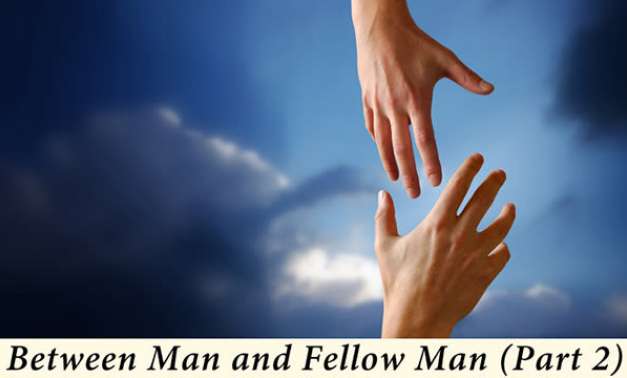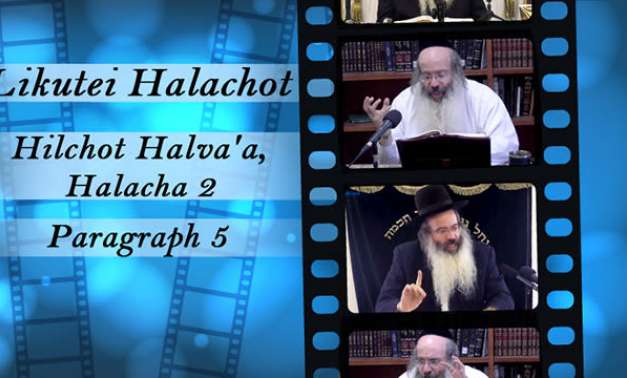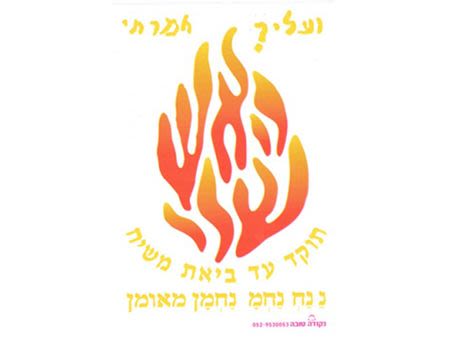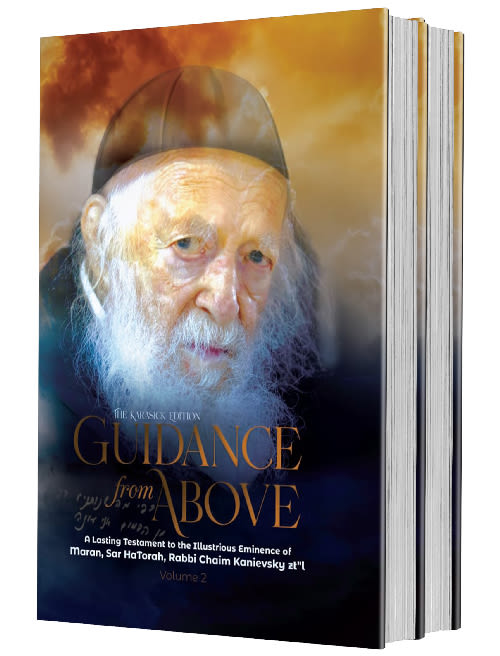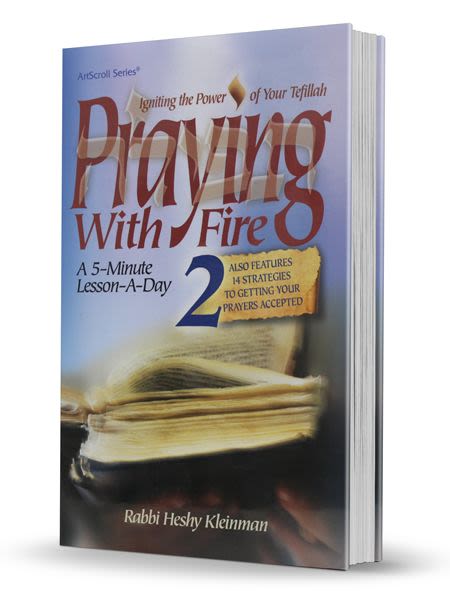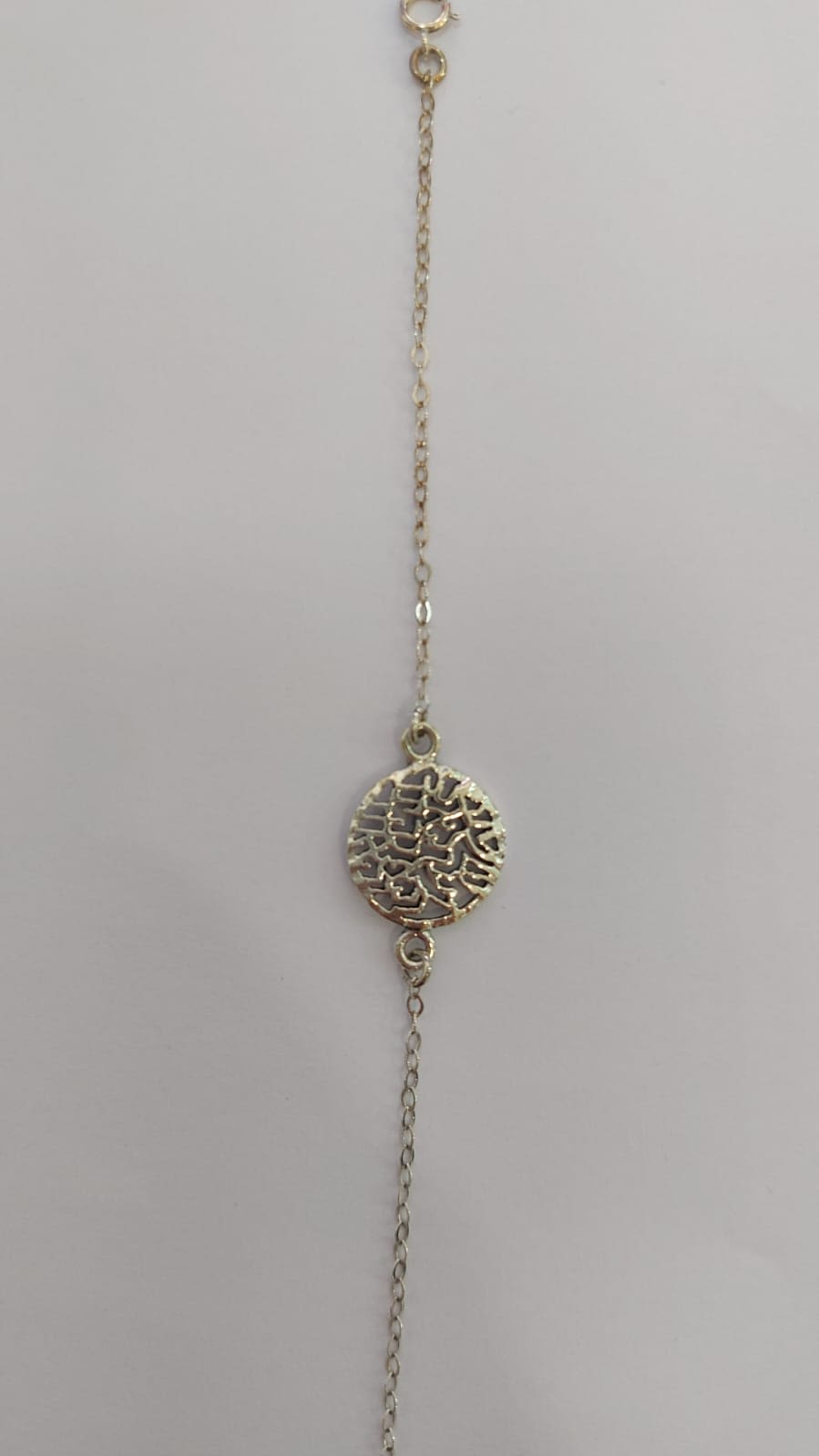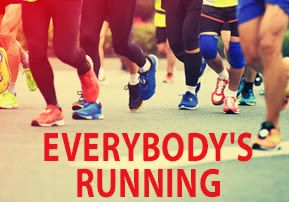
Chayei Sarah: Everybody’s Running
Everybody's running, but the world doesn't have to be a rat race. Machines and bodies have a lot in common – when they're idle, they get rusty and corrode…

“And the servant (Eliezer) ran toward her… and Lavan ran… And the young girl (Rivka) ran…” (Genesis 24:17, 28-29).
Everybody’s running, but that doesn’t mean that one must be part of the rat race. Running is healthy and invigorating unless it’s fueled by anxiety and compulsiveness. Machines and bodies have a lot in common – when they’re idle, they get rusty and corrode, losing both longevity and operating efficiency. Therefore, the soul knows that the body must run in order to maintain peak performance, so everybody’s running. Life’s two main questions are what motivates them to run and where is everybody running to?
The holy Tannaic sage Rebbe Nechunia ben Hakaneh would say a prayer before entering the house of study and beginning his day of Torah learning (tractate Berachot 28b): “We are thankful to You, Hashem our G-d and G-d of our fathers, that You have made our portion from among those who sit in the house of study and you have not made our portion from among those who sit idle. We wake up early and they wake up early. We wake up early to endeavor in Torah and they wake early for idle endeavors. We work hard and they work hard. We work hard and receive reward and they work and do not receive reward. We run and they run. We run towards to the World to Come they run to a pit of destruction.” The holy Rebbe Nechunia doesn’t mince words; he tells us that everybody’s running, but not in the same direction. He shows that we each have a clear-cut choice of where we want to run to.
With the above in mind, an integral part of our daily self-assessment is to candidly ask ourselves, “Where are we running to?” This is the time when a person must be an expert spiritual assessor and measure the  value of what he or she did in the last twenty-four hours. Accurate and effective self-assessment is not easy, for it requires serious and honest soul-searching. Yet, it’s not complicated; we simply measure our deeds by answering three questions:
value of what he or she did in the last twenty-four hours. Accurate and effective self-assessment is not easy, for it requires serious and honest soul-searching. Yet, it’s not complicated; we simply measure our deeds by answering three questions:
- Were my actions in accordance to Halacha, Torah law?
- Were my actions for the sake of my body, my soul or both?
- Were my actions for Hashem’s sake or for my own sake.
The first question behooves us to learn Torah and daily Halacha, because if we don’t know the law, we can’t know if our actions have been within its boundaries.
The second question obligates us to clarify the truth. A person must ask himself, “Hey, why am I eating another piece of cake? What good does this do for my soul?” It doesn’t do any good for his body either. People who have learned to honestly assess themselves have succeeded in losing weight where no diet ever helped them. Self-assessment and truth clarification are the very best way to rid oneself of bad habits. Coupled with a plea for Hashem’s help, such self-assessment constitutes a powerful personal prayer.
The third question demands a deep, cogent and candid self-examination. Let’s take running, for example. Sure, a person must exercise every day so that he or she will have a healthy body to serve Hashem. Yet, there’s a fine line between running and working out to stay in shape and be healthy in the service of Hashem and between running and working out to have a body to show off on the beach or in the gym.
What does all the above have to do with this week’s Torah portion? In Parshat Chayei Sara, we see that everybody’s running.
Eliezer, Abraham’s loyal Caananite servant, is running to arrange a match for his master’s son Yitzchak.
Rivka is running to honor her mother and to tell her all about the matrimony proposal.
Lavan, Rivka’s morally-corrupt brother, sees her new jewelry, smells money and is running to get a piece of the action.
So we see that everybody’s running.
Why did Rebbe Nachman call daily personal prayer a “virtue above all other”? For an hour a day, we stop running. We take a time out and ask ourselves, where are we running to? That way, we can always be sure that we’re running in the right direction.


